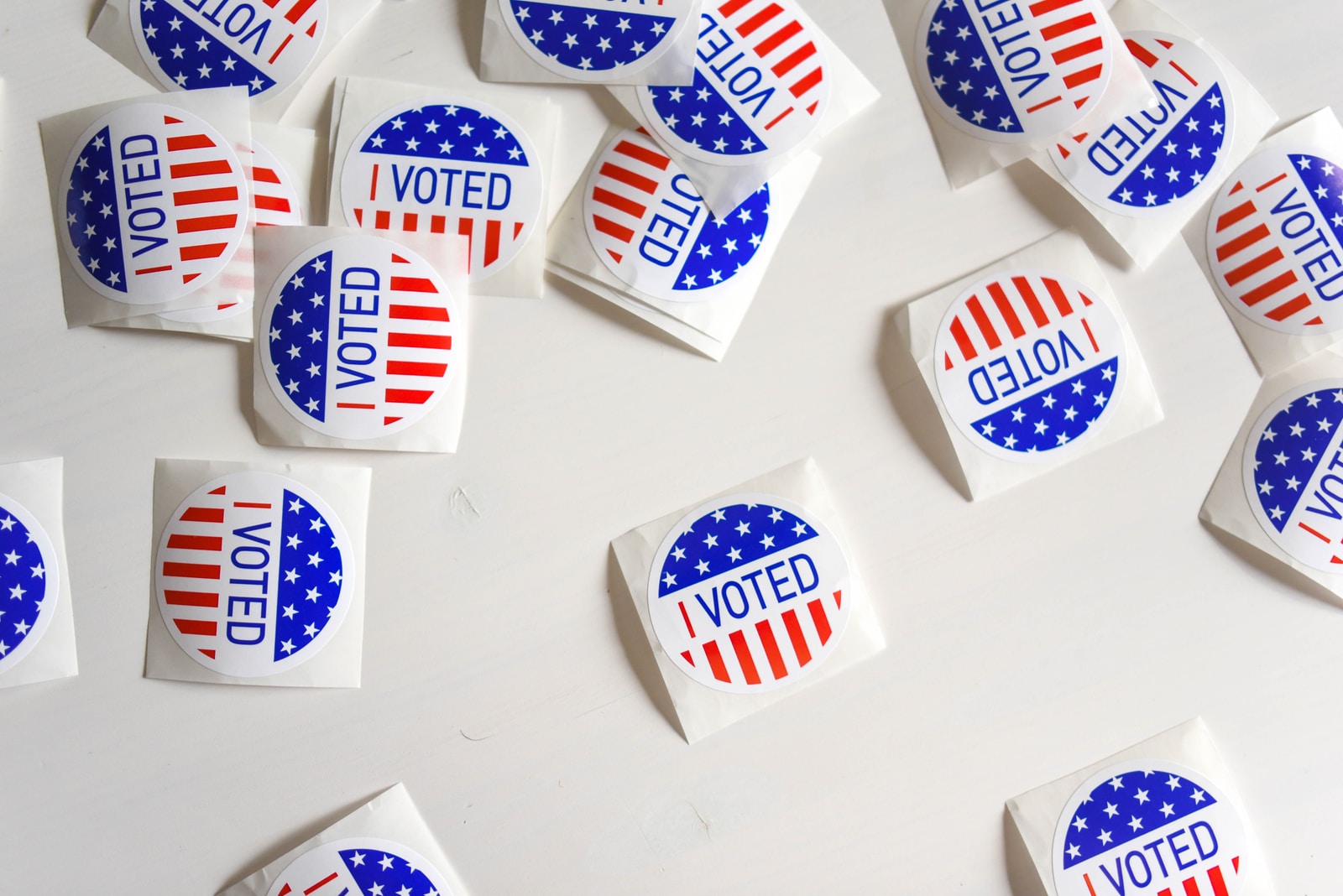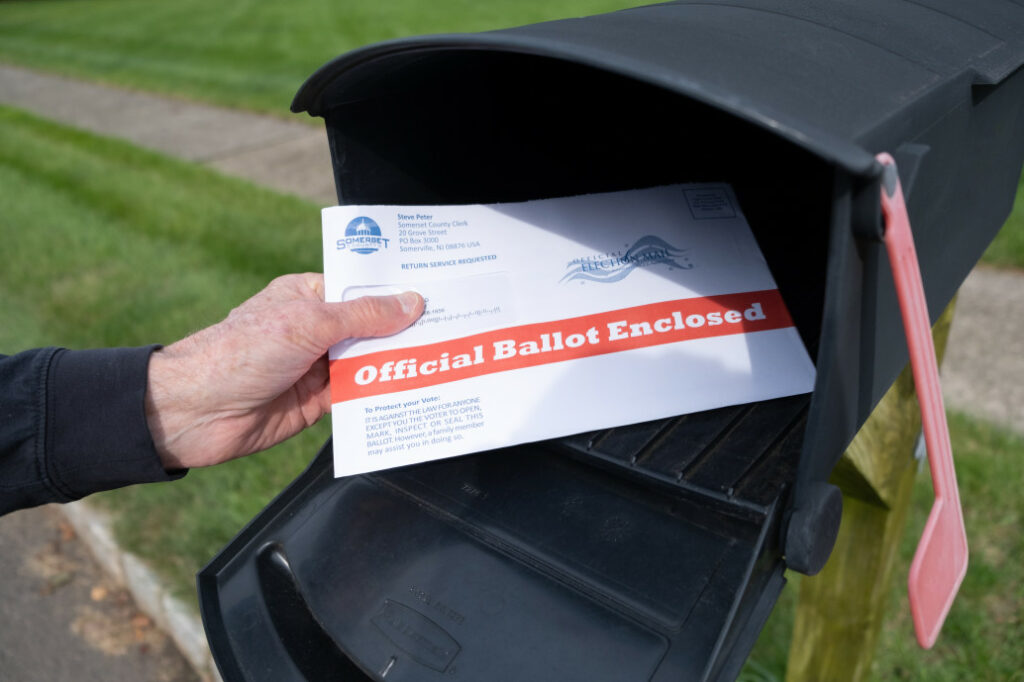This Q&A is excerpted from a State Innovation Exchange telephone townhall featuring North Carolina State Representatives Ashton Clemmons, Amos L. Quick, and Pricey Harrison.
Answers have been edited for length and clarity.
Can you talk about the struggle for voting rights happening across the country?
Rep. Ashton Clemmons: Every person in North Carolina and the U.S.—no matter who they are—should have an equal voice in electing our state's leaders. But there are four main reasons why we aren't living up to that ideal.
First, there is a blatant attack on voting rights to make it harder for people to vote instead of easier. Second, we are lessening the voices of some folks by packing them into districts through gerrymandering. Third, is the undue influence of money and politics. Corporations overtly influencing the outcomes of elections is an assault on what should be: that no matter how much money you have, your voice is equal. And fourth, we see an intentional effort to undermine the three branches of government by making the judiciary more partisan and limiting executive power at state legislative levels.
Rep. Ashton Clemmons
Rep. Amos L. Quick
State Rep. Pricey Harrison
What existing barriers make it harder for North Carolinians to vote?
Rep. Ashton Clemmons: Right now, we have the voter I.D. provision in litigation. And the research is very clear that voter I.D. laws would disproportionately affect the elderly and voters of color in North Carolina.
We've seen efforts to lessen the amount of early voting time from three weeks to one week. We've also seen proposals requiring mail-in ballots be received by five o'clock on election day instead of up to six days after election day.
What is gerrymandering?
Rep. Amos L. Quick: The simplest explanation is: gerrymandering is the drawing of voting districts and manipulating boundaries to give an unfair advantage to one party over another.

What is independent redistricting?
Rep. Amos L. Quick: Right now, we have a process where politicians pick their voters—redistricting power belongs to the dominant party in the legislature.
Independent redistricting is a process that would take power out of the hands of politicians—who are most directly advantaged by drawing their own districts. An independent commission would draw fairer districts that more accurately represent the populace that will be voting.
This is my third term, and I think there's been a bill filed every term since I've been here for some type of independent redistricting commission. It gets tremendous bipartisan support, but it doesn't get a hearing in committee, nor does it get a vote on the floor since I've been in office.
I'll close with this: right now, we have a congressional delegation that does not reflect the population of North Carolina. And that's because politicians drew the lines. An independent redistricting commission would take that power out of the hands of politicians.
We have seen a lot of threats to voting rights in Georgia. Is anything like that coming to North Carolina?
State Rep. Pricey Harrison: We are not seeing bills like what has been proposed or passed in Georgia, Florida, and Texas.
The main issue we're going to face this legislative cycle, as Rep. Clemmons mentioned, is not accepting absentee ballots beyond election day.
And there's an effort to increase poll observers as part of a national trend, and poll observers can be very threatening intimidating to voters.
I'm sorry for Georgia and the other states that are having to deal with that, because it's really, really bad for voting and our democracy.

What is going on with redistricting, and when will we know what district we're in?
State Rep. Pricey Harrison: Right now, we do not have any kind of independent redistricting process, despite our efforts. And so it's the redistricting committees in the house in the Senate that will draw them.
We've got commitments from the leadership in the house in the senate that it will be transparent. But those who participated in the most recent redistricting will remember that it was only partially transparent.
So if we can't get the independent redistricting process going, we're committed to fighting for better access for the public to participate in the process. We are committed to protecting communities of interest and keeping counties and municipalities whole. But it doesn't look like we're going to be doing any of that until after we get the census numbers, which I believe is not until the very last day in September.